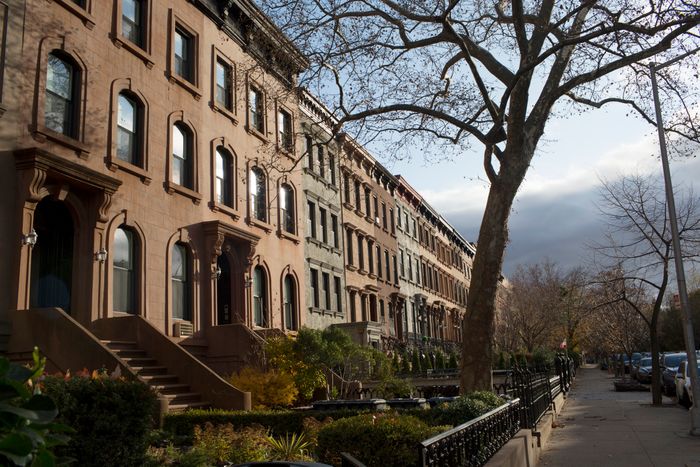
The end of forced broker fees might also be the end of tenants being captive to their shitty rentals. A new report from StreetEasy estimates that the FARE Act, once it takes effect, would reduce upfront moving costs in rentals that charge a fee by more than 40 percent — a shift that would bring average costs down from a walloping $12,951 to slightly less painful $7,537. That’s good news for renters in general, especially those at the lower end of the market since rentals priced below the city’s median asking rent are more likely to charge a fee. Plus, people won’t feel locked in to an apartment because they already paid a fee and need to stay longer to make the math work out.
The real-estate industry has long claimed that the recently passed broker bill would bring doom for renters. But the StreetEasy report suggests the ripple effect will be positive in a number of ways. The reduction in upfront costs could give those “locked-in renters” — people who can’t move because they can’t afford the upfront costs involved in getting a new place — a little bit more power to walk away from their roach-infested railroad or blink when their landlord tries to jack their rent year over year by some ungodly rate. As StreetEasy puts it, “It’s easier for landlords to raise rents faster if tenants have paid a high upfront cost before signing their lease, as the high cost paid upon move-in encourages tenants to extend their lease to amortize the upfront costs over a longer period.”
The report also posits that landlords can’t just bake the entire broker fee into the rent and expect to stay competitive, especially since they’re not doing that already. StreetEasy found that the average no-fee apartment cost only 4.2 percent more in 2024 than a comparable unit that charged a broker fee. That’s considerably less than what brokers have threatened would happen if forced broker fees ended — which is that landlords would bake the 12 to 15 percent fee right into the rent.
Here’s how the report puts it:
Landlords are unlikely to fully amortize the additional costs associated with this change, as history suggests that landlords set asking rents based on market conditions rather than the expenses of this activity.
While no-fee rentals tend to be more expensive than rentals with broker fees, our analysis indicates that the difference in asking rents is predominantly driven by location, size, and the presence of popular amenities such as in-unit laundry and doormen. After accounting for these key aspects, no-fee rentals were more expensive than rentals that charged a broker fee by just 4.2% on average in 2024 — far lower than 12-15% if landlords were to amortize the broker fee into the monthly rent fully.
We still don’t know what any of this will actually look like when the bill goes into effect, likely next summer. (Landlords are nothing if not creative!) But it’s nice to see some data suggesting more flexibility in the market for people looking for affordable places. After all, brokers are tenants too.


